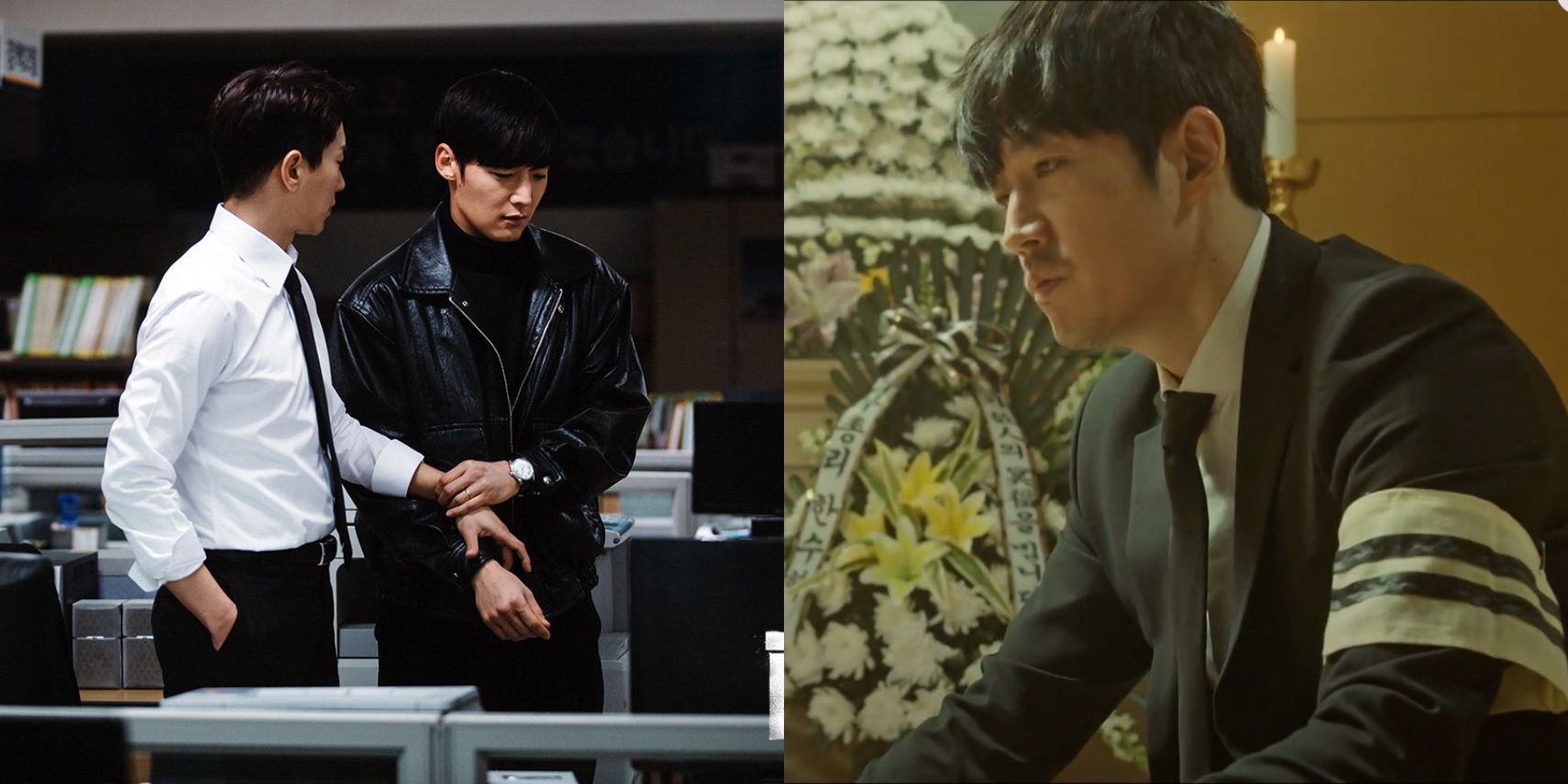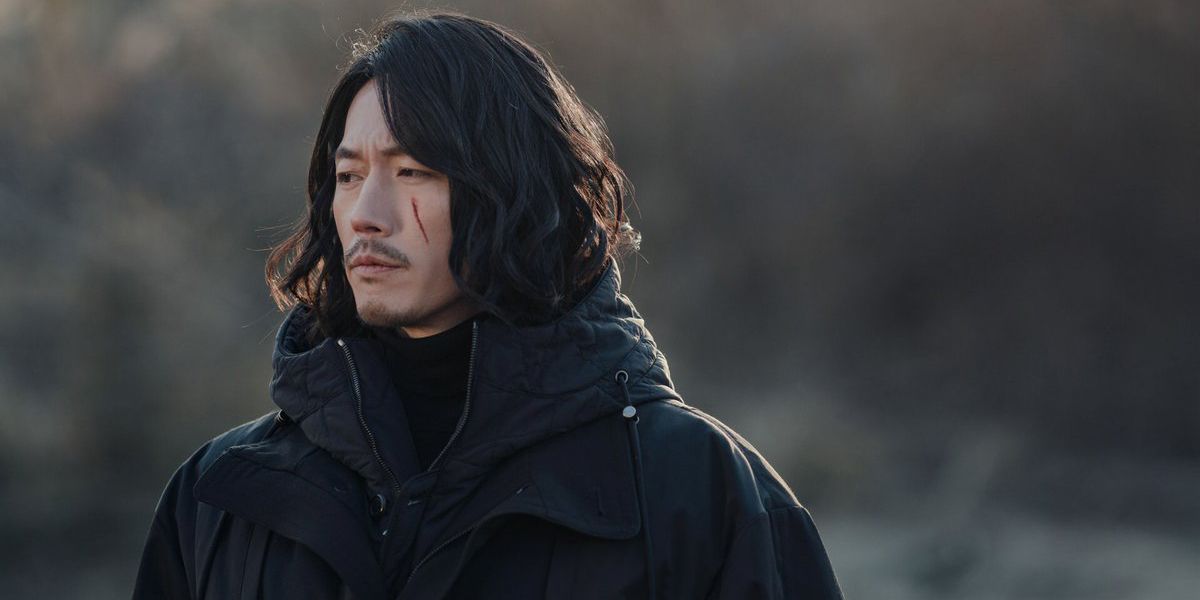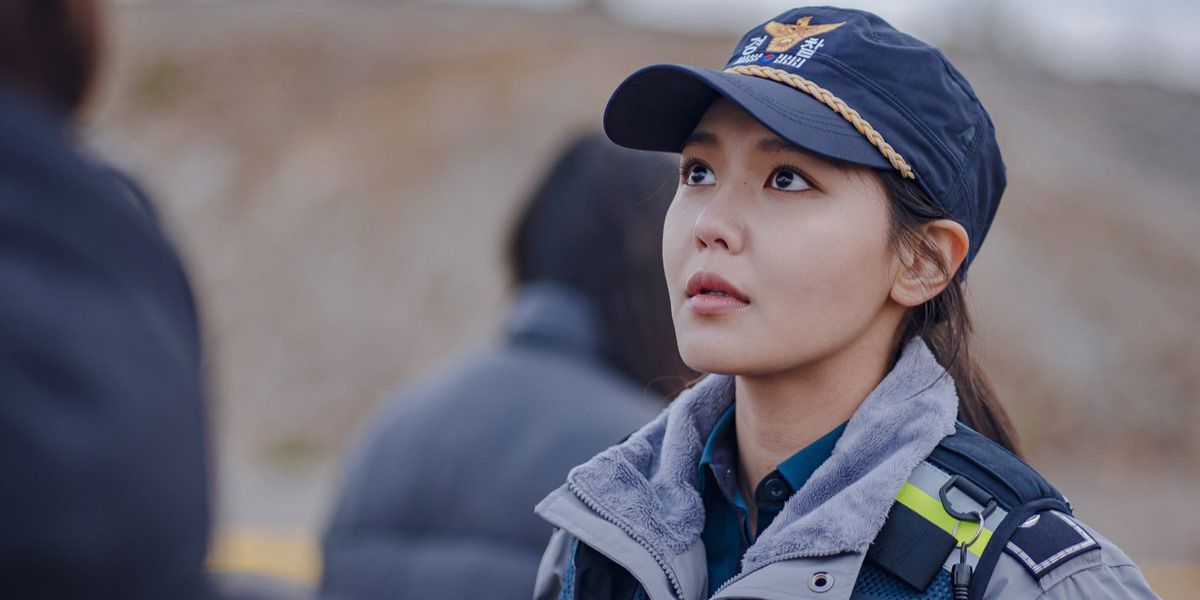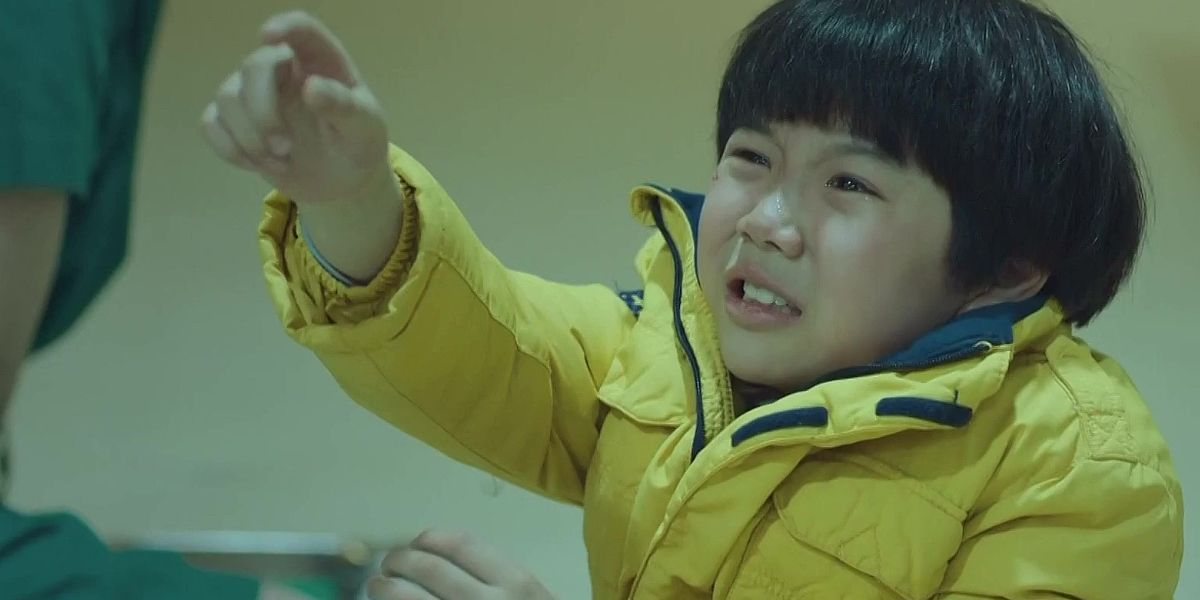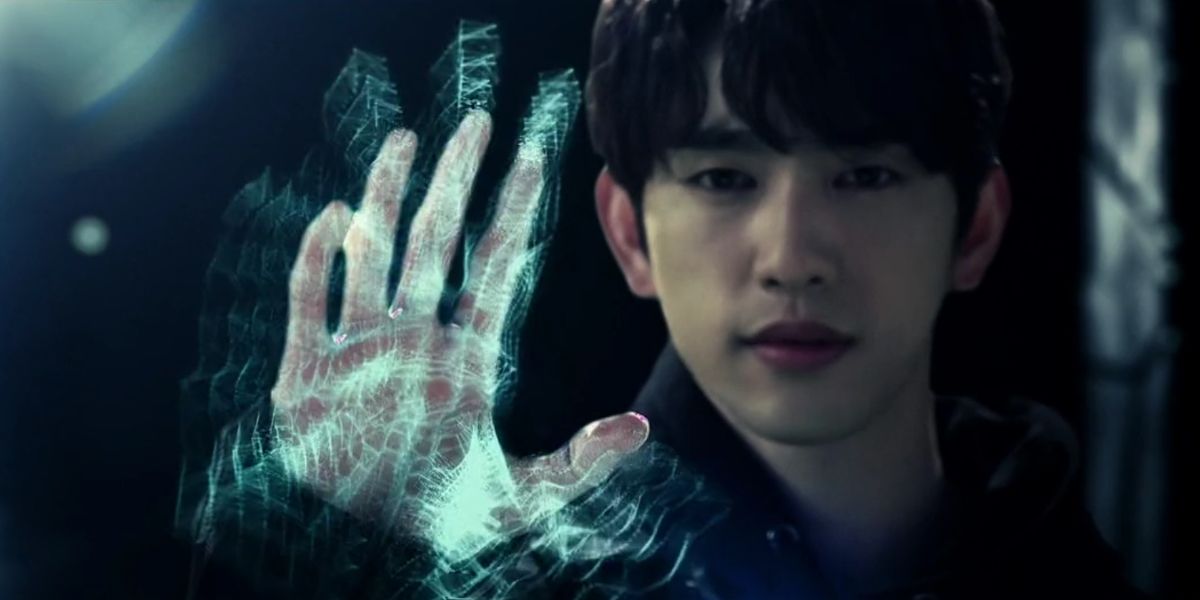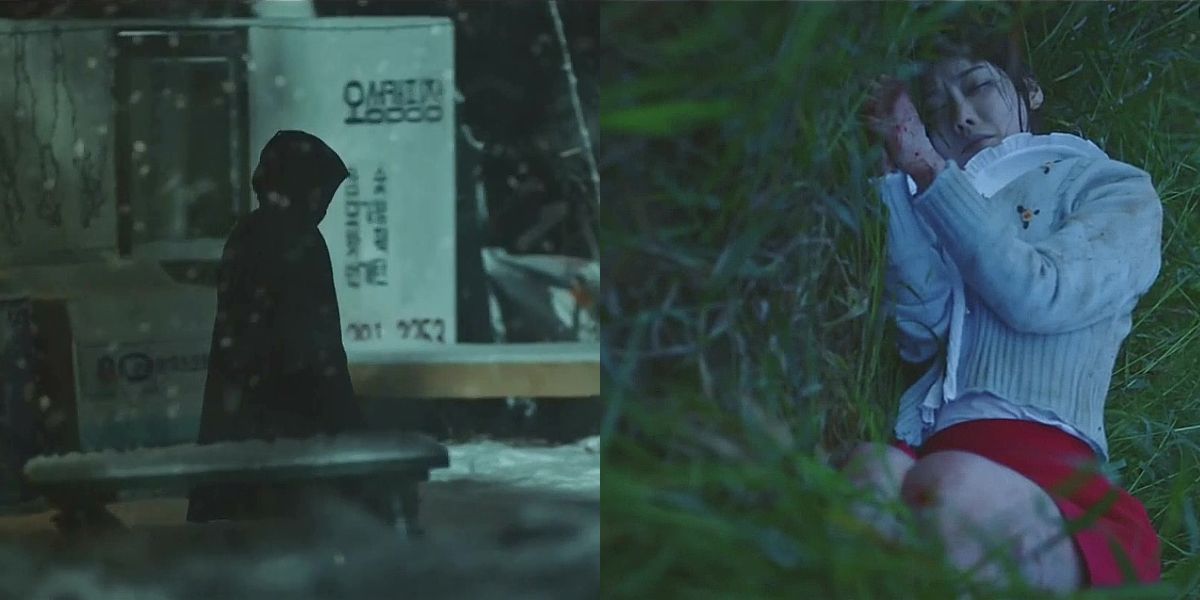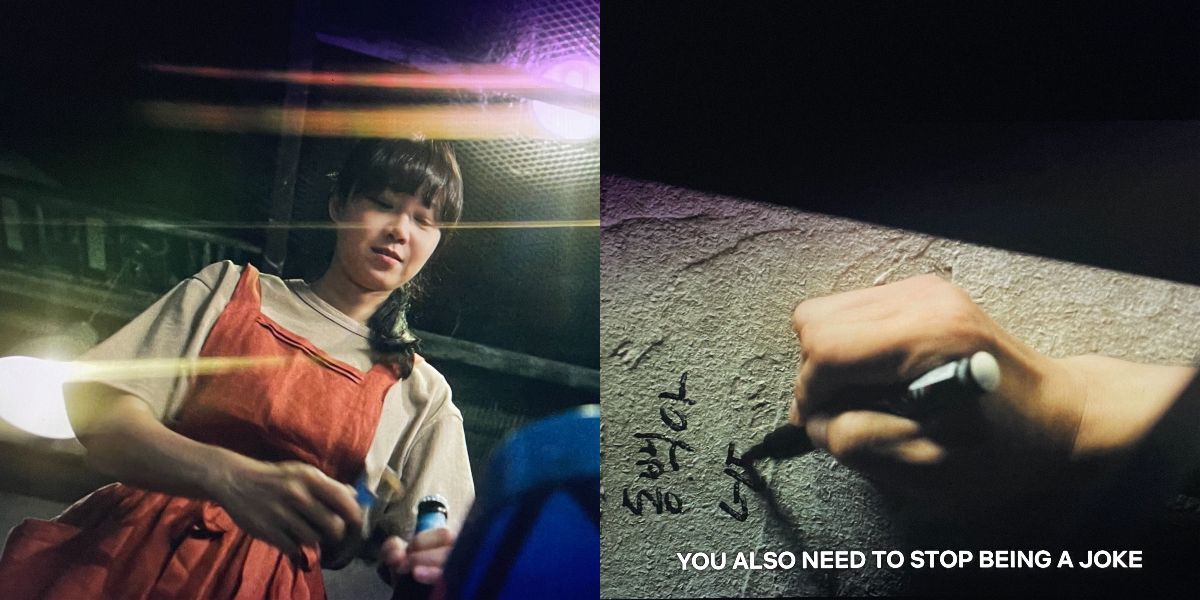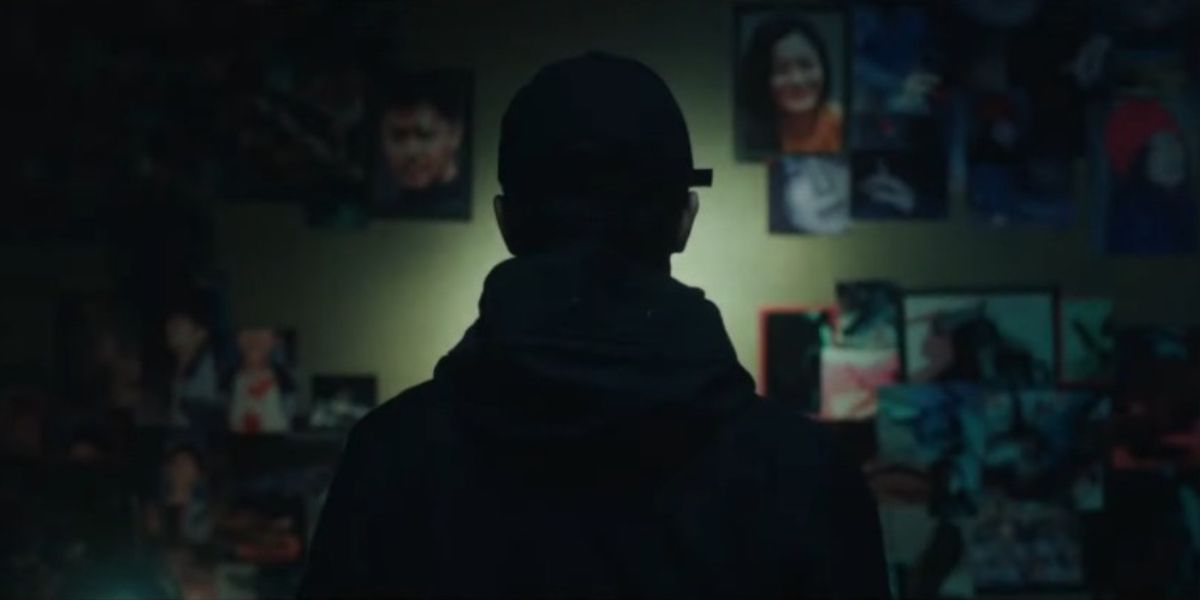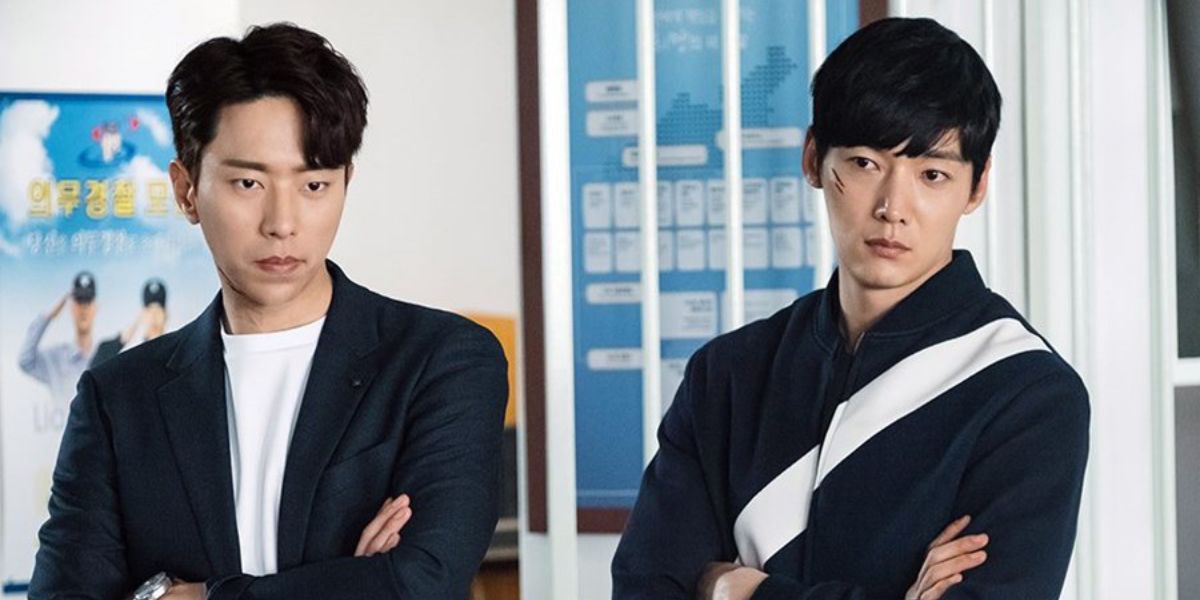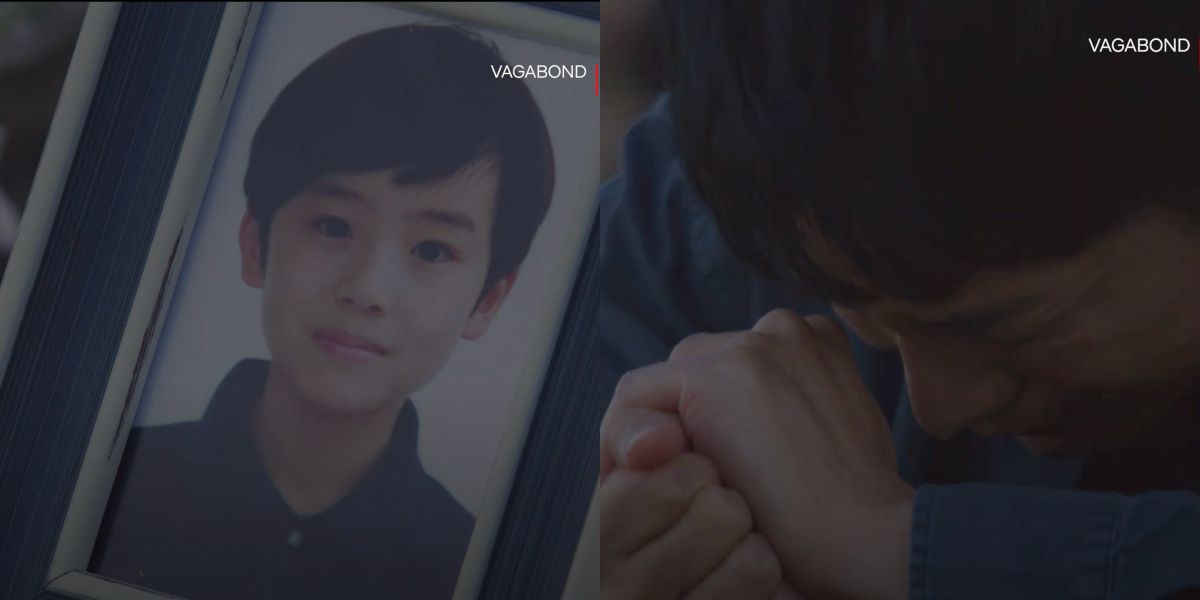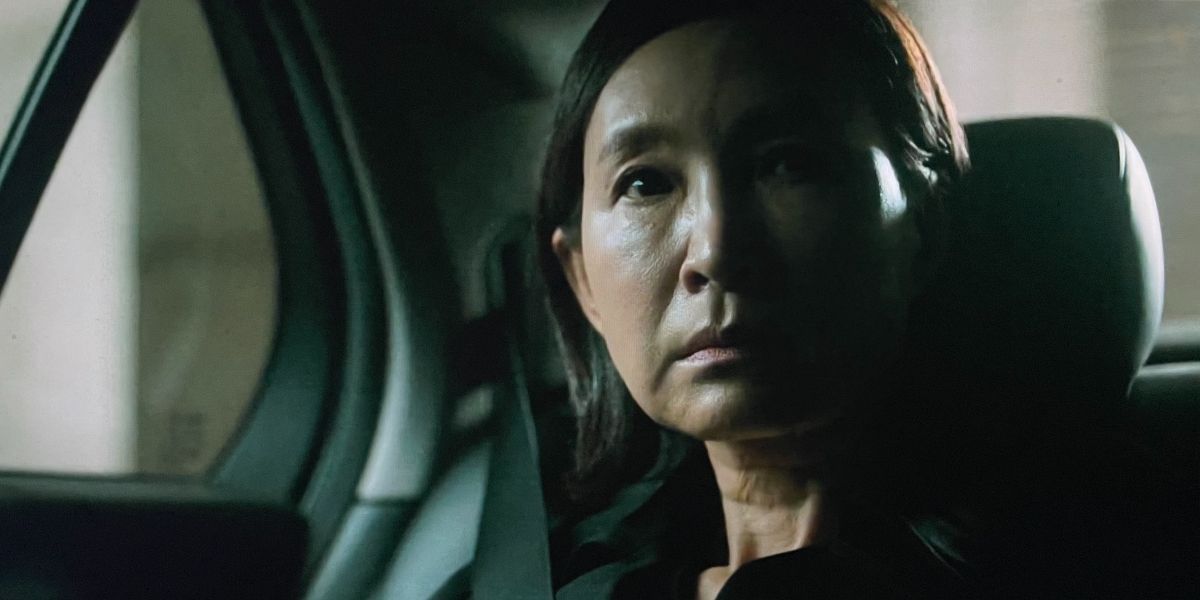Just as romance and fantasy K-dramas have their set tropes to follow, the crime/thriller K-drama genre has its own. Tropes are a good thing when it comes to this genre of television, as they're expected and always well received by fans. K-dramas involving crime, serial killers, mystery, or thrillers have a set of guidelines that fans always notice in the storylines.
Even crime/thriller K-dramas with fantasy or supernatural elements have common tropes involving the main character. These tropes are commonly used for good reason, as they add differentiating levels of intrigue, drama, suspense and keeps their fans on the edge of their seats.
The Detective Who Lost Everything
Even fans of American television won't be surprised to see this trope pop up in a crime drama. It's common to see one of the main characters or central figures with a deeply traumatic past that meant losing everything they held dear to them. This either lights the fire under them to catch the real culprit responsible or psychologically/emotionally wounds them.
In Voice, detective Moo Jin-Hyuk (Jang Hyuk) becomes emotionally scarred and spirals into darkness when a serial killer murders his wife. The same is seen in Tell Me What You Saw, where a prestigious criminal profiler goes into reclusion when his fiancé is murdered.
The Rookie Cop
Every crime-related K-drama has the rookie detective or cop who's just starting or living a simple life at a small precinct. When their simple life gets disrupted, the rookie cop somehow becomes the main character and helps solve the big case. In most storylines, the rookie cop is partnered with a tough and closed-off detective.
This trope can be also be seen in Tell Me What You Saw, in which Cha Soo-Young (Choi Soo-Young) is working as a patrol cop for a small precinct in the country. She's soon scouted by an elite detective to help solve murders. It's even seen in Mouse, where Jeong Ba-Reum (Lee Seung-gi) is a rookie cop who somehow gets involved in series of killings.
The Main Character With A Tragic Past
This trope falls in line with the detective who lost it all, mentioned above, but under different circumstances. For this trope, it means the character witnessed or experienced something in their past, especially their childhood, that leads them down a certain path. What they witnessed or experienced also often leads the character to seek revenge on the person responsible.
In Memorist, the main character witnessed his mother's murder, as well as in Mouse, with the detective who sees his parents murdered. These tragic pasts help shape the morals, dedication, and even the storyline of the character and drama.
The Special Ability
Some crime/thriller K-dramas do have a fantasy element or a character that has some kind of unique ability. This ability makes them elite in solving crime. In Tell Me What You Saw, Cha Soo-Young has a photogenic memory that allows her to picture evidence that others can't see.
In the webtoon-based drama Memorist, Dong Baek (Yoo Seung-Ho) has the ability to read people's minds with a simple touch. Not a bad ability to have when catching criminals. Even in Voice, Kwon-Joo (Lee Ha-Na) has psycho-acoustic hearing skills.
The Resurfacing Of A Heinous Killer
Fans may notice how often this trope is used, especially in K-dramas involving a serial killer. Many storylines start by giving a flashback of a heinous serial killer at large who wreaks havoc and then either disappears or is caught. But fans know that it's never that simple.
In these K-dramas, the serial killer always re-emerges or the M.O. reappears with new victims. The supernatural thriller, Possessed, even involves the ghost of a murderer from 20 years ago. In Beyond Evil, the M.O. of a serial murder case from 20 years ago once again resurfaces.
The Killer Who Targets The Main Character
The trope is pretty obvious and makes a lot of sense for crime/thriller K-dramas. It wouldn't be much of a storyline if the main characters don't initially get involved with the killer at large. At some point, the killer takes a special liking to the main characters and does whatever necessary to taunt them.
In When The Camellia Blooms, fans soon learn that the main female character was once involved in the investigation of a killer. In the present, she once again becomes involved, but this time, she becomes the killer's main prey and target. The perpetrators in these dramas often leave special clues, tricks, or evidence specifically for the main characters to discover.
The Switcheroo Of Who The Real Suspect Is
Like many great crime/thriller K-dramas, the audience needs to be kept on the edge of their seats when it comes to who the real bad guy is. One minute, the suspect seems obvious, but in the end, it's the complete opposite. This genre of K-dramas plays around with the concept of evil lurking in the shadows.
Audiences might be in the same boat with the main characters in their investigation and believe they already figured out who the perpetrator is. One thing is for sure, the trope teaches fans to expect the unexpected.
Partners Who Initially Hate Each Other
Seeing as the main characters in these dramas are often the police force, it's no surprise that they need a partner. In many cases, these new partners dislike each other immensely. One character thinks the other is too stuck-up and egotistical, while the other disagrees with their investigative tactics.
This trope can be seen in Tunnel when Park Gwang-Ho (Choi Jin-Hyuk) is transported three decades into the future. Gwang-Ho is partnered with a big-shot profiler who disregards his knowledge and skills. The trope can even be seen in a thriller like Extracurricular with Oh Ji-Soo (Kim Dong-Hee) and Bae Gyu-Ri (Park Ju-Hyun).
Seeking Revenge Or Retribution
No crime/thriller drama is complete without some revenge or retribution for the main characters. This trope is closely related to the "tragic past" and "losing it all trope" for good reason. These tragic events lead the main characters down a certain path of determination and anger. In Vagabond, Cha Dal-Geon (Lee Seung-Gi) seeks to uncover the truth behind the plane crash that killed his nephew in order to seek retribution for his family and the other victims.
Mouse is another perfect example, as detective Go Moo-Chi (Lee Hee-Joon) saw his parents killed by the serial killer Moo-Chi when he was a child. He then vows to become a detective and to make the life of the son of the killer a living hell. In Nobody Knows, Cha Young-Jin (Kim Seo-Hyung) feels responsible for her best friend's murder when they were teens and so she becomes a detective to one day catch her killer.
Obvious Corruption
The theme of corruption is seen in many K-dramas, no matter the genre, for example in Vincenzo, with the evil and deceitful Babel Group company and its CEO. In crime/thriller K-dramas, corruption often takes the form of a two-faced detective, cop, or politician.
The trope is meant to show the broken judicial system in the storyline and how evil certain people can be for their own gain. Mouse used the trope for the doctors and government officials who colluded with a known serial killer for their ulterior motives. The Netflix hit series Kingdom deals with political conspiracy and corruption amidst a zombie apocalypse.

